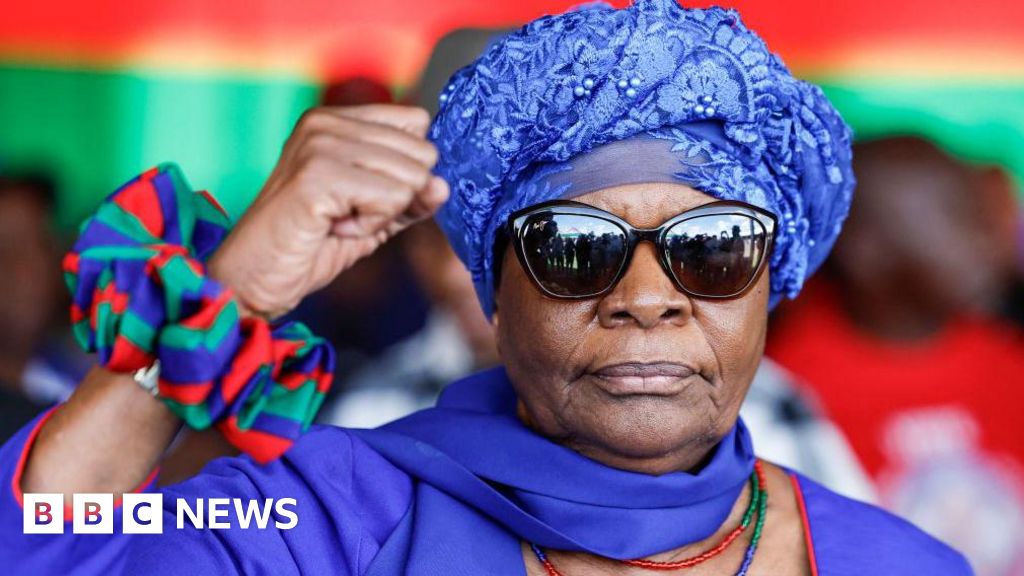Nigerian National Petroleum Company Limited (NNPCL) has led indigenous and International Oil Companies (IOCs) in the regular hope of improving the country’s oil production despite losing $7.2 billion to low oil production in the first half of 2024.
While the 2024 budget projected a daily oil production of 1.78 million barrels, Nigeria recorded a cumulative shortfall of 88.2 million barrels in the first half of year, a development that worsened the country’s foreign exchange crisis and widened the deficit for the appropriation amid borrowing and rising inflation.
As global players gathered at the opening session of the ongoing Nigerian Oil and Gas Conference, yesterday, in Abuja, the low oil production was a major concern, forcing NNPCL, which controls the major share of the oil blocks in the country, to declare war on low oil production.
While such war, including the one against oil theft, is not new, the Group Chief Executive Officer (GCEO) of NNPCL, Mele Kyari, admitted that there had been a debate on increasing oil production, adding that NNPCL decided to stop the debate.
According to him, instead of the debate, NNPCL has “declared war on the challenges affecting crude oil production.”
Kyari believes that the national oil company has the right tools and knows how to improve oil production along its partners, which consist of all the major and independent oil producers in the country.
A detailed analysis of assets, he said, revealed that Nigeria can conveniently produce two million barrels of crude oil per day without deploying new rigs, but the major impediment to achieving that remains the inability of players to act promptly.
In six months of the year, when compared with the budget benchmark, Nigeria was unable to produce about 88.2 million barrels of crude oil, translating to about $7.2 billion.
In January, when compared with the oil production benchmark, Nigeria could not produce 10.9 million barrels of crude, translating to about $875.4 million using the average $80 barrel oil price.
In February, it could not produce 13.2 million barrels, which translates to $1.1 billion in revenue using the average oil price of $85 per barrel. In March, it could not produce 16.4 million barrels of crude oil which would have added about $1.4 billion in revenue to the economy.
Average crude oil production for April marginally rose to 1.281 million barrels daily. Losing 499,000 barrels daily, the loss, compared to the budget benchmark of 1,780,00 million barrels stood at 14.9 million for the month. With the average oil price of $89 per barrel in April, Nigeria lost $1.3 billion.
In May, crude oil production made a record decline to 1.25mbpd. Against the budget benchmark, the country could not produce 530,000 barrels daily, bringing the loss to 16.4 million in May.
Chairman of Independent Petroleum Producers Group (IPPG), Abdulrazaq Isa, insisted that the country was in dire straits, as production was way below the country’s capacity, adding that by all globally acceptable standards, the reserves to production ratio was low.
He called for immediate conclusion of all pending IOC divestment transactions, the urgent need to address deepwater development and production challenges, adoption of a national value-retention strategy and gas development for economic growth and complement decarbonisation drive.
Minister of State for Petroleum (Gas), Ekperikpe Ekpo, stressed the need to leverage the country’s natural resources for sustainable development.

 4 months ago
54
4 months ago
54














![[ICYMI] No N500m missing from customer’s account, says Access Bank](https://cdn.punchng.com/wp-content/uploads/2018/09/14183604/20180707-DSC_0077new.jpg)
 English (US) ·
English (US) ·